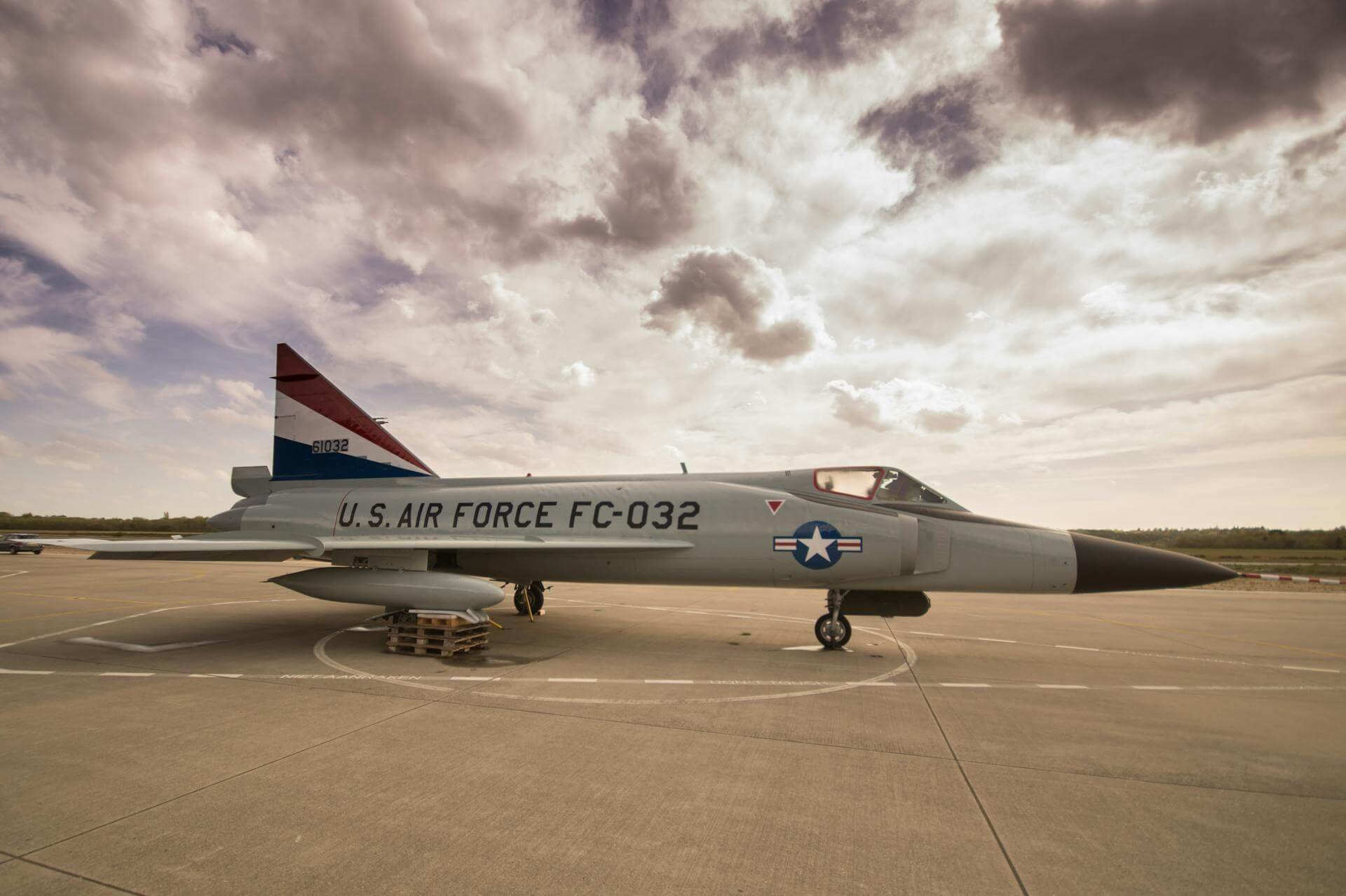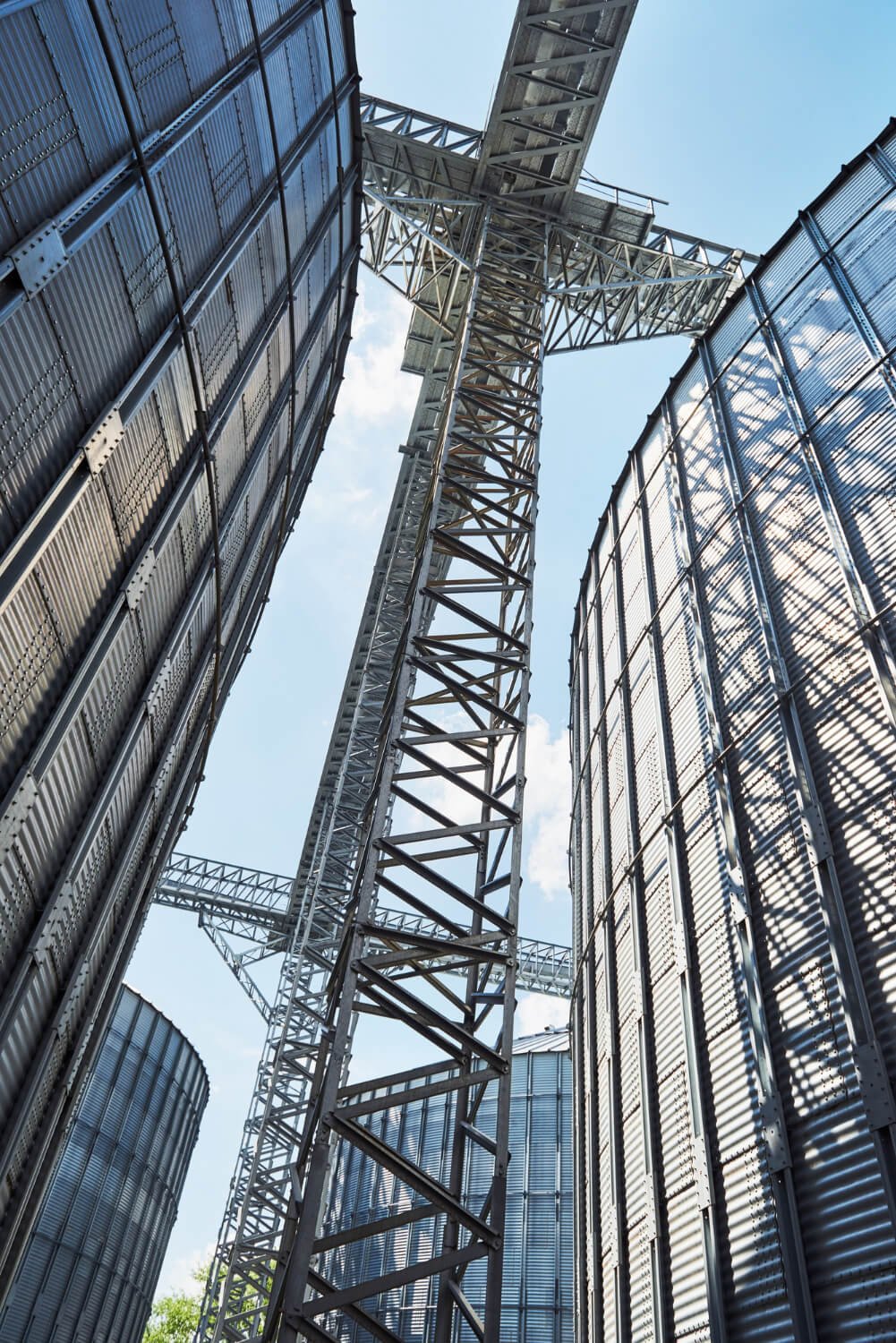industrial coatings
The Future of Roofing is Seamless®
Securing your industrial facility with sturdy and trustworthy roofing solutions is essential for long-term success. Our industrial coatings offer a smooth and efficient method to boost the performance and lifespan of your roof. With our proficiency in polyurea coating and other advanced materials, we provide customized solutions that endure harsh environmental conditions and guarantee optimal protection for your valuable assets. Rely on us to defend your industrial property with high-quality roof coating services.
What Is industrial coatings?
Industrial coatings are specialized protective or decorative layers applied to surfaces in industrial settings. They enhance durability, prevent corrosion, and improve aesthetics. Types include epoxy, polyurethane, polyurea, acrylic, and zinc-rich coatings applied via spray, brush, or roller. They're used in automotive, aerospace, construction, marine, oil and gas, and manufacturing industries to protect equipment and structures from environmental damage and wear, extending their lifespan and reducing maintenance costs.
What Is Polyurea Coating? Polyurea, an elastomer formed from isocyanate (A-component) and synthetic resin (B-component), arises through step-growth polymerization. These constituents can be tailored to enhance specific physical properties such as drying time, moisture resistance, flame retardation, and pigmentation, among others.
In the late 1980s, polyurea emerged as a novel roof-coating technology—initial formulations skewed towards rigidity, lacking elongation or elasticity. However, subsequent enhancements broadened its scope, unlocking diverse applications.
Aliphatic vs. Aromatic Polyurea. Polyurea manifests in two main varieties: aliphatic and aromatic. Aliphatic polyurea, preferred for top-coat applications, boasts superior UV resistance and color permanence. Although pricier than its aromatic counterpart, it necessitates less material to attain the desired film thickness during application.
In contrast, aromatic polyurea primarily serves as a base coat due to its susceptibility to UV degradation. Without top coating, exposure to sunlight leads to gradual breakdown, discoloration, and chalkiness, compromising performance.
Benefits of Polyurea in Industrial Coatings
Waterproofing
Polyurea roof coating creates a seamless, leak-proof membrane capable of enduring prolonged exposure to standing water, making it invaluable for commercial roofing and various water containment applications.
Swift Curing
Offering rapid setting times, polyurea cures within seconds to minutes post-application, streamlining project timelines.
Versatility
Formulations can be tailored to adhere effectively to diverse substrates without primers, while performing reliably across varying temperatures and humidity levels.
Durability
With exceptional elongation and tensile strength, polyurea coatings withstand harsh conditions, exhibiting remarkable resistance to chemicals, corrosion, and abrasion.
High-Build Capability
Distinguished by its capacity to achieve substantial film thickness in a single pass, polyurea minimizes the need for multiple applications compared to other materials.
UV Resistance
Aliphatic polyurea varieties offer excellent UV resistance, maintaining color stability and durability even under prolonged sunlight exposure.
Industries & Markets for Polyurea Waterproofing System
With its versatility and ease of installation, polyurea roofing systems have remained prevalent in the market for years, catering to a wide range of industries and scenarios due to their adaptability and effectiveness.
Construction Sites
Polyurea coatings offer versatile solutions for construction sites, providing durable protection for various surfaces. From sealing foundations to coating floors, polyurea enhances durability and extends the lifespan of construction projects.
Military
The military relies on polyurea coatings for armored vehicles, critical buildings, and ballistic plates. These coatings provide unmatched reinforcement and protection against extreme conditions, ensuring the safety and longevity of military equipment.
Automotive Industry
In the automotive industry, polyurea coatings are indispensable for protecting factory floors and machinery against wear and tear. These coatings reduce vibration in machinery and safeguard vehicle components, making them ideal for automotive manufacturing plants.
Oil & Gas
Polyurea coatings are essential in the oil and gas industry for protecting tanks, pipes, and equipment from corrosion and abrasion. With fast-curing properties, polyurea coatings offer reliable performance in demanding environments, reducing maintenance costs and downtime.
Marine Industry
Polyurea coatings provide essential waterproofing and corrosion protection in the marine industry. Used on boats, docks, and marine structures, polyurea coatings create a durable barrier against water intrusion, extending the lifespan of marine assets.
Infrastructure & Municipality
Polyurea coatings play a crucial role in infrastructure projects, including bridge coating, wastewater tank coating, and basement wall moisture barriers. These coatings provide durable protection against corrosion, water intrusion, and environmental damage, enhancing the longevity of critical infrastructure.
Appropriate Substrates
Metal
Concrete
Wood
Spray foam
Common Application Fields for Liquid-Applied Membranes
Below-grade Structures
Bridge Decks
Tanks
Polyurea Installation Process
Polyurea is applied via specialized spray equipment, blending isocyanate and resin components heated within 55-gallon drums. These are pressurized and pumped through hoses to a spray gun, maintaining a specific ratio for seamless application.





















